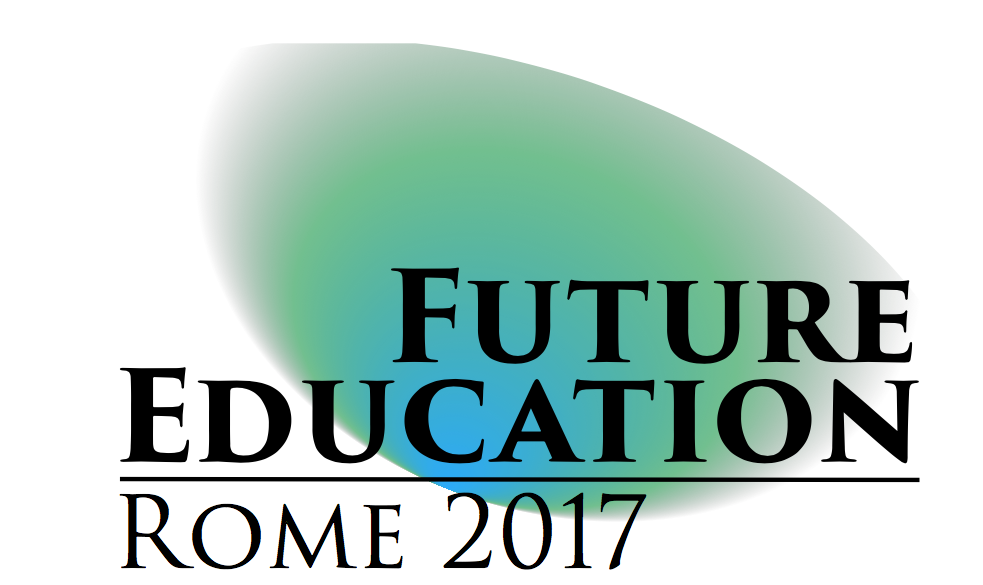Hello Visitor! Log In
Volume 3, Issue 2 - May-June, 2017

|
João Caraça
|
Garry Jacobs, Mark Swilling, Winston P. Nagan, Jamie Morgan, Barry Gills
|
|
Winston P. Nagan, Craig Hammer, Maxat Akhmetkaliyeva
|
Stefan Brunnhuber
|
|
Carlos Alvarez Pereira
|
Carlos Blanco
|
|
Winston P. Nagan, Megan Weeren
|
Ashok Natarajan
|
|
Martin Ramirez, Juan Cayón-Peña
|
Thomas Reuter
|
|
Michael Marien, Michael Sales
|

Volume 3 Issue 2
João Caraça
Garry Jacobs, Mark Swilling, Winston P. Nagan, Jamie Morgan, Barry Gills
Winston P. Nagan, Craig Hammer, Maxat Akhmetkaliyeva
Stefan Brunnhuber
Carlos Alvarez Pereira
Carlos Blanco
Winston P. Nagan, Megan Weeren
Ashok Natarajan
Martin Ramirez, Juan Cayón-Peña
Michael Marien, Michael Sales

